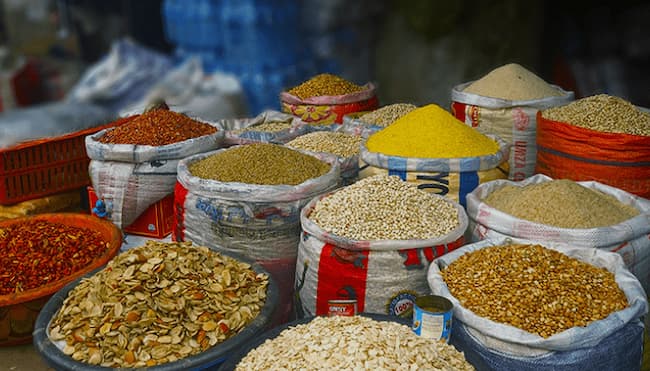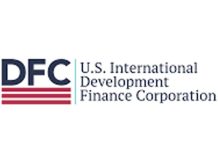The average price of imported food commodities in Nigeria soared to its highest level, reaching 34% over the past year from April 2023 to April 2024. This marked a significant increase of 200 basis points from the 32% recorded in March 2024, according to the latest Consumer Price Index report released by the National Bureau of Statistics on Wednesday.
Despite the Federal Government’s efforts to discourage food importation as part of strategies to address the high costs of foodstuffs and economic challenges, both internal and external factors have contributed to the surge in imported food prices. These factors include global supply chain disruptions caused by the Covid-19 pandemic and the Russia-Ukraine war, a surge in global oil prices, foreign exchange scarcity, and the subsequent depreciation of the local currency.
In April, Nigeria experienced its 16th consecutive month of rising inflation, driven by a threefold increase in electricity tariffs and rising transportation costs. The inflation rate for April 2024 stood at 33.69%, representing a month-on-month increase of 0.49%. Although this was lower than the median estimate of economists surveyed by Bloomberg, the inflation rate was still significantly higher than in April 2023, indicating a substantial increase over the past year.
Core inflation, which excludes farm produce and energy costs, rose to 26.8% from 25.9% previously, while food price growth accelerated to 40.5% in April from 40% in the previous month.
On a month-to-month basis, the inflation rate for April 2024 was 2.29%, which was 0.73% lower than the rate recorded in March 2024, suggesting a slower rate of price increase compared to the previous month.
Food inflation reached 40.53% on a year-on-year basis, marking a significant increase of 15.92 percentage points from April 2023. This rise can be attributed to higher prices for various food items, including millet flour, garri, bread, wheat flour, semovita, yam, water yam, and cocoyam.
Kogi retained its position as the state with the highest all-items inflation rate at 40.84%, followed by Kwara, Ondo, Osun, and Akwa-Ibom. Lagos experienced the highest surge in food and all-items inflation rates, indicating widespread price hikes across various categories.
Economists at the Financial Derivatives Company noted that the inflation rate increase was expected due to renewed pressure on the naira and heightened food prices exacerbated by seasonality. They anticipate that the Central Bank of Nigeria may raise interest rates by either 50 or 100 basis points at its next meeting to address inflationary pressures.













